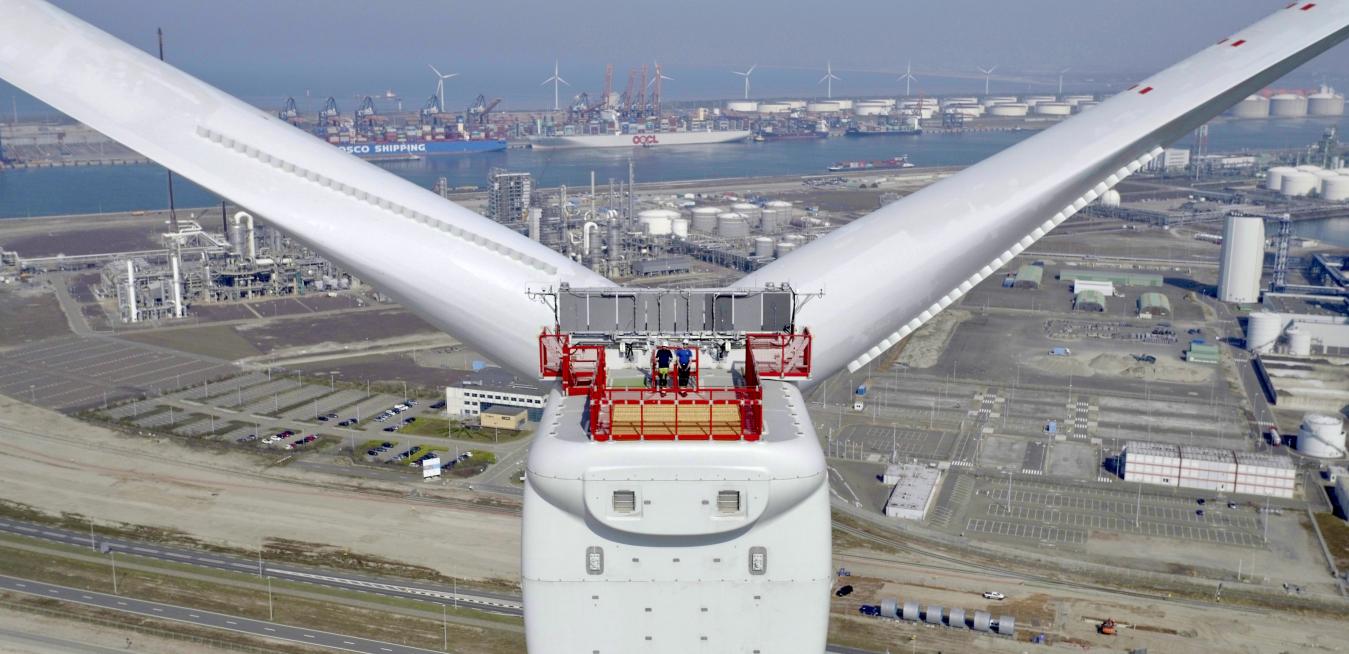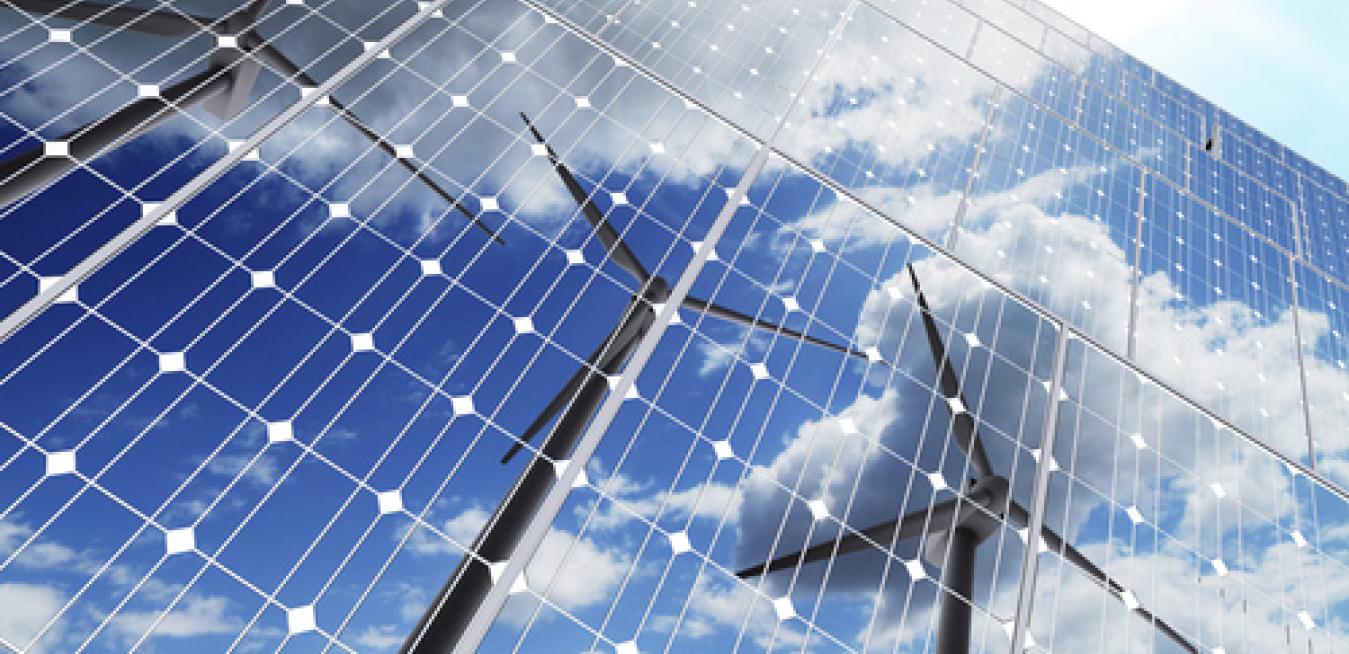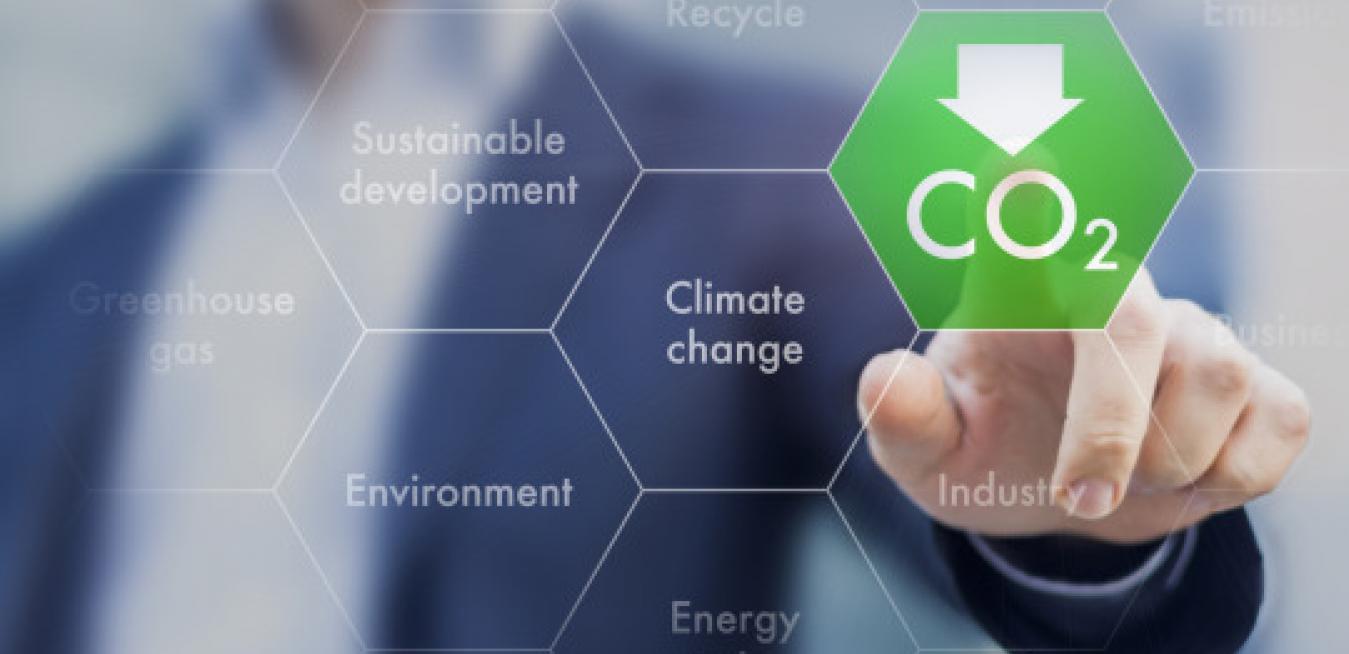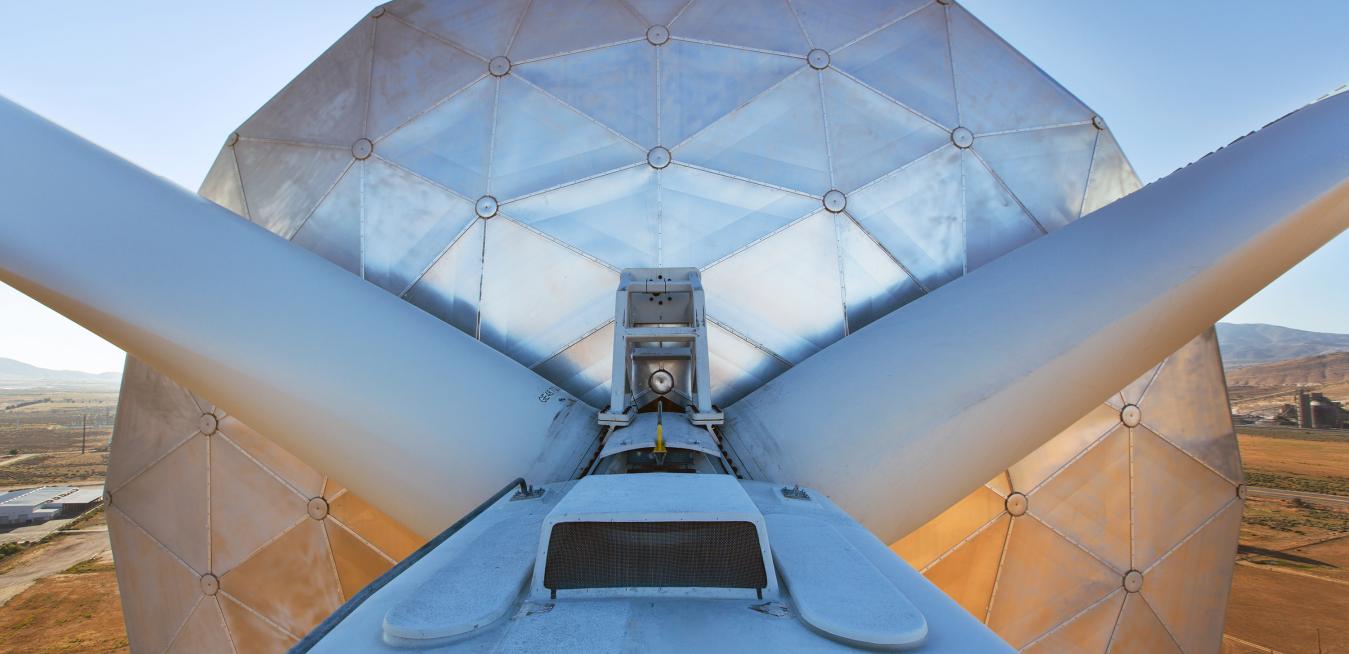The bipartisan infrastructure deal unveiled in June represents a historic moment for renewable energy advocates. The Biden administration hopes to spend $73 billion on upgrading the nation’s power grid to support renewables and $46 billion on manufacturing to support the growing industry, among other climate change initiatives. Many people in the industry see the proposal as a chance to make strides toward carbon reduction goals.
Clean and sustainable energy is more than just ‘important’ to GE, it’s an absolute and urgent necessity. With resources dwindling and damage to the environment steadily accruing, I believe that there is simply no question that GE has to strive, as a responsible provider of energy, for the very best solution for our planet.
New solutions are enabling a cleaner and more efficient global power system, write Debora Frodl, Global Executive Director at GE Ecomagination, and Juan M. de Bedout, Chief Technology Officer at GE Energy Connections.
The smart-home business had a value of $47 billion globally in 2015, and it's expected to grow at 14 percent annually. But utilities need to move particularly fast in this business, according to Oliver Wyman's energy and utilities experts. New entrants, especially big tech players, are moving in with services that leverage their whiz-bang digital wear.
The extent to which we support energy innovation today will determine the world our children and grandchildren inherit in 2050. It takes 30 years or more to successfully commercialize and deploy transformative new energy technologies at scale, so the investments we choose to make over just the next 5 years – or indeed those we don’t - will determine their fate.
The year 2050 sounds pretty far away, doesn’t it? But in terms of the world our children and grandchildren will inherit, 2050 is today: it’s right around the corner.














